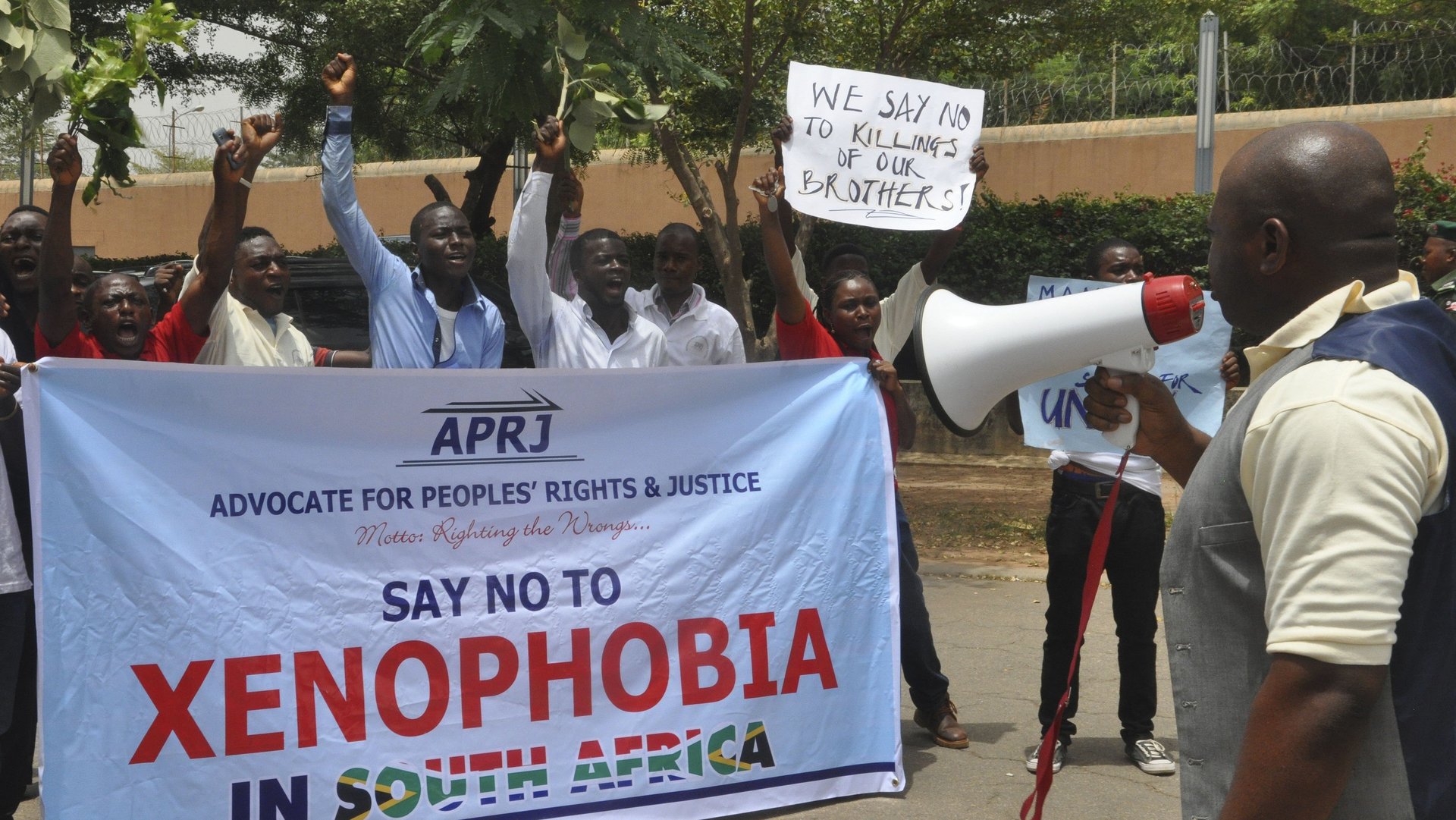If Nigeria shut down local South African businesses, who would it hurt more?
The disturbing reports of xenophobic attacks in South Africa have dominated headlines in recent weeks and predictably, the terrifying events have sparked angry reactions from Africans across the continent shocked by the violence.


The disturbing reports of xenophobic attacks in South Africa have dominated headlines in recent weeks and predictably, the terrifying events have sparked angry reactions from Africans across the continent shocked by the violence.
Here in Nigeria, these calls have gone as far as suggesting a boycott of South African businesses as a reprisal and a bid to pressure South Africa into action. Nigeria even decided to bring back its two most senior diplomats home as a result of the attacks sparking a row between the two governments. (The diplomatic spat has since been resolved.)
With a number of big South African businesses like telecommunications giant MTN, Standard Bank, retailer Shoprite and media company MultiChoice operating in Nigeria, any sort of closure or boycott will have profound economic effects. But the bigger question is this: as far as Nigerians are concerned, will they have the desired effects?
According to South Africa’s department of trade and industry between 2003 and 2013 South Africa companies and organizations initiated 28 large-scale foreign direct investment projects in Nigeria, together amounting to some $3 billion in investment, which created an estimated 5 500 jobs.
For sure, boycotting South African businesses will severely hurt those companies, for instance Nigeria is MTN’s largest market globally. But the fact these companies have created thousands of jobs in Nigeria cannot be ignored. With a majority of their local employees being Nigerian significant job losses will ultimately hurt the Nigerian economy with its already well-documented unemployment issues.
The Nigerian government also benefits from having these South African businesses operating on its shores. Last month, MTN announced that it was the sixth largest contributor to government revenue among non-oil companies in Nigeria. Having paid over $6.5 billion to the government in taxes and levies since its inception in 2001 when it paid $285 million for a GSM license, a closure of South African businesses like MTN will represent substantial losses in revenue for the government. Let’s not forget the telecoms industry in Nigeria–which MTN dominates–was one of the key reasons Nigeria overtook South Africa as the continent’s largest economy last year.
South Africa-based Zimbabwean media mogul Trevor Ncube wondered what reports of the closure threats could mean.
But Nigerian satirist Elnathan John said these were empty threats.
Investor trust
Local businesses in Nigeria also benefit from the operations of these South African companies. For instance, retail giant Shoprite, which has eleven stores across the country, uses local suppliers to stock its shelves.
The long-term effects of boycotting South African businesses will also damage investor trust in Nigeria. Given the predictions on Nigeria’s rapidly growing economy, damaging investor trust in Nigerian markets is the last thing the government should want.
More importantly it seems unlikely if boycotting South African businesses in Nigeria will stop xenophobic attacks 4,000 miles away. The attacks are carried out by irate mobs emboldened by various provocative statements and sentiments. A more efficient way of pushing for a lasting solution would be for Nigerians to pile pressure on the federal government to explore available diplomatic channels.
Boycotting South African businesses in reaction to xenophobia is more impulsive than strategic. And given how much this boycott could affect Nigeria and Nigerians, it might well be a case of cutting our nose to spite our face.